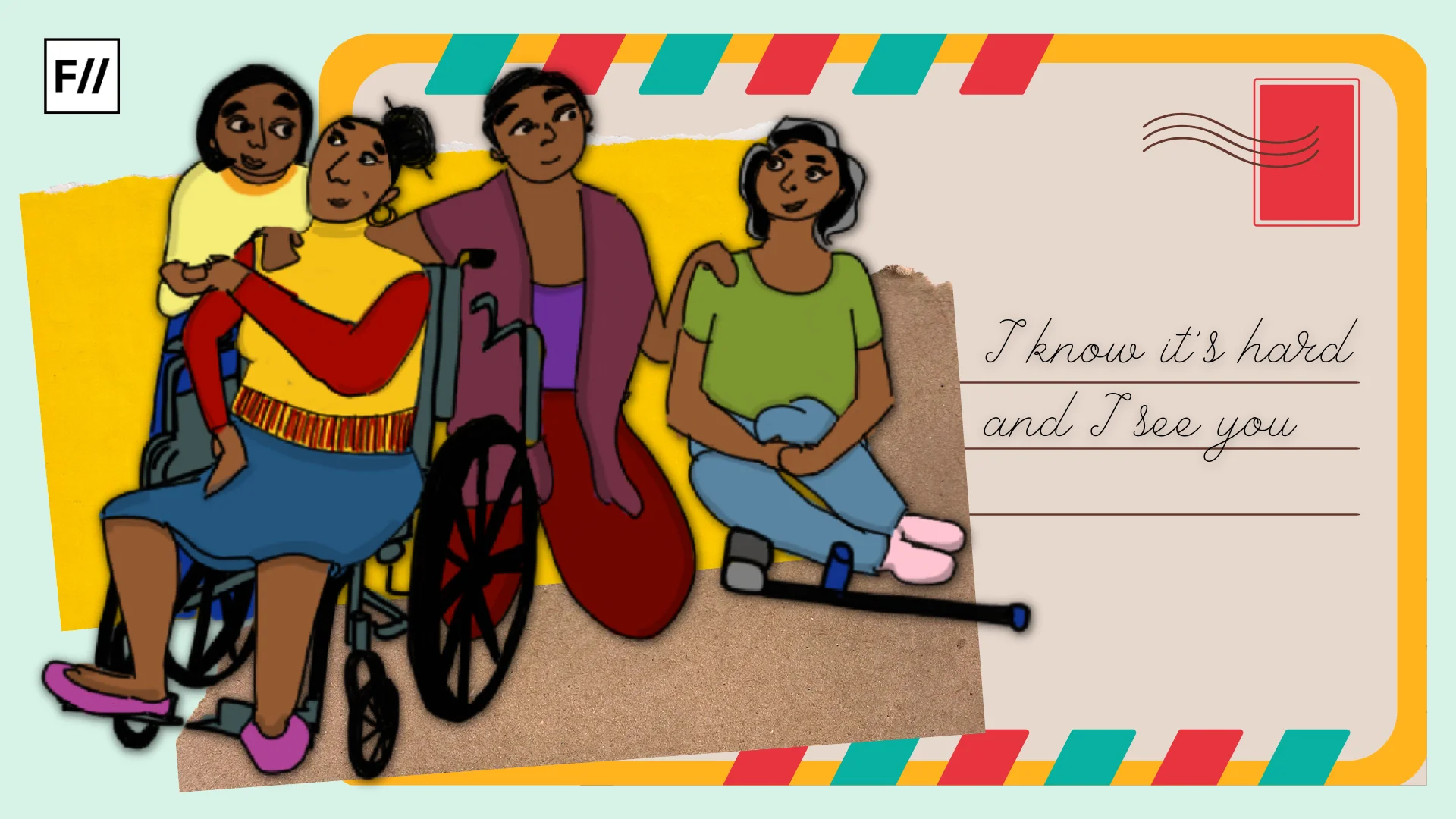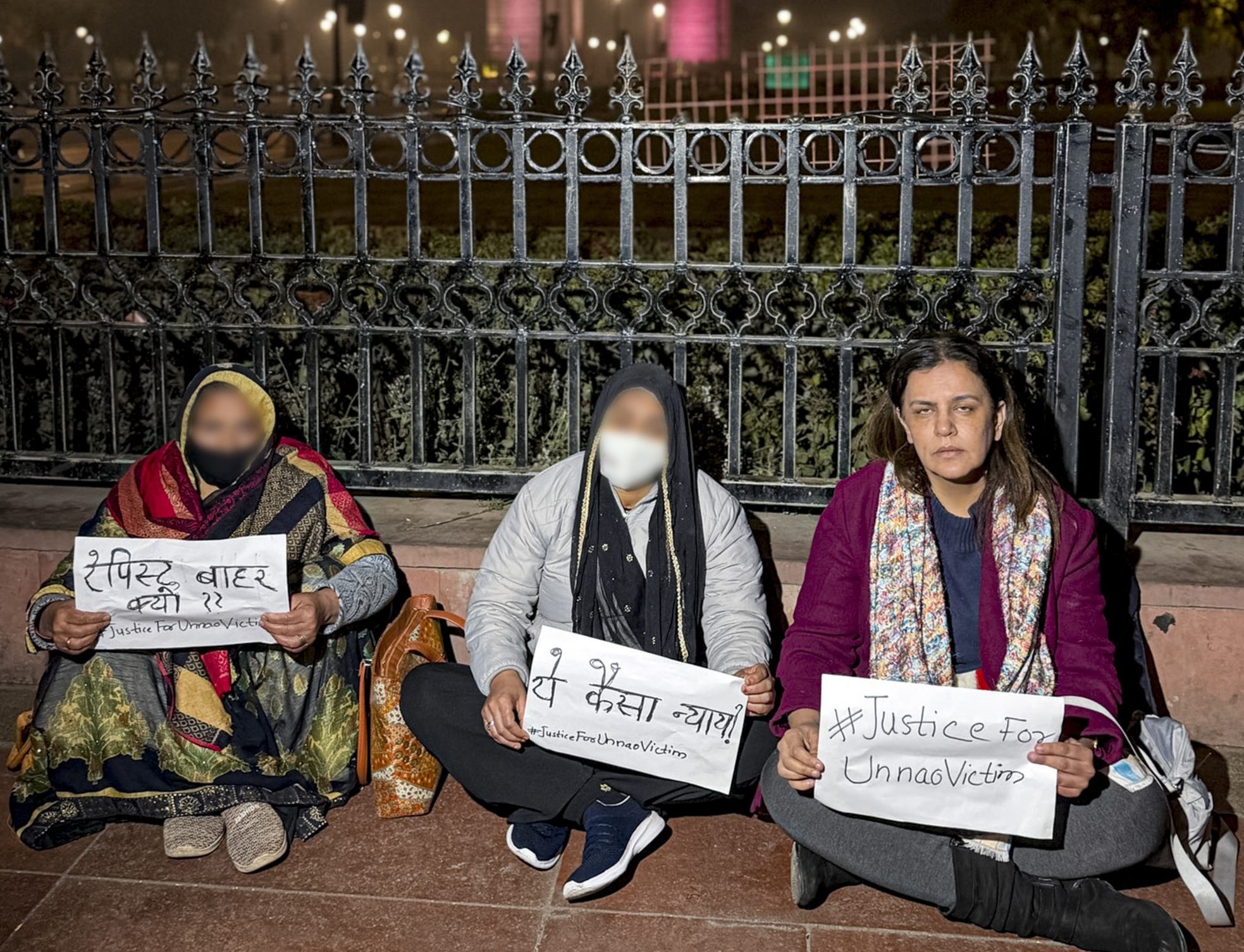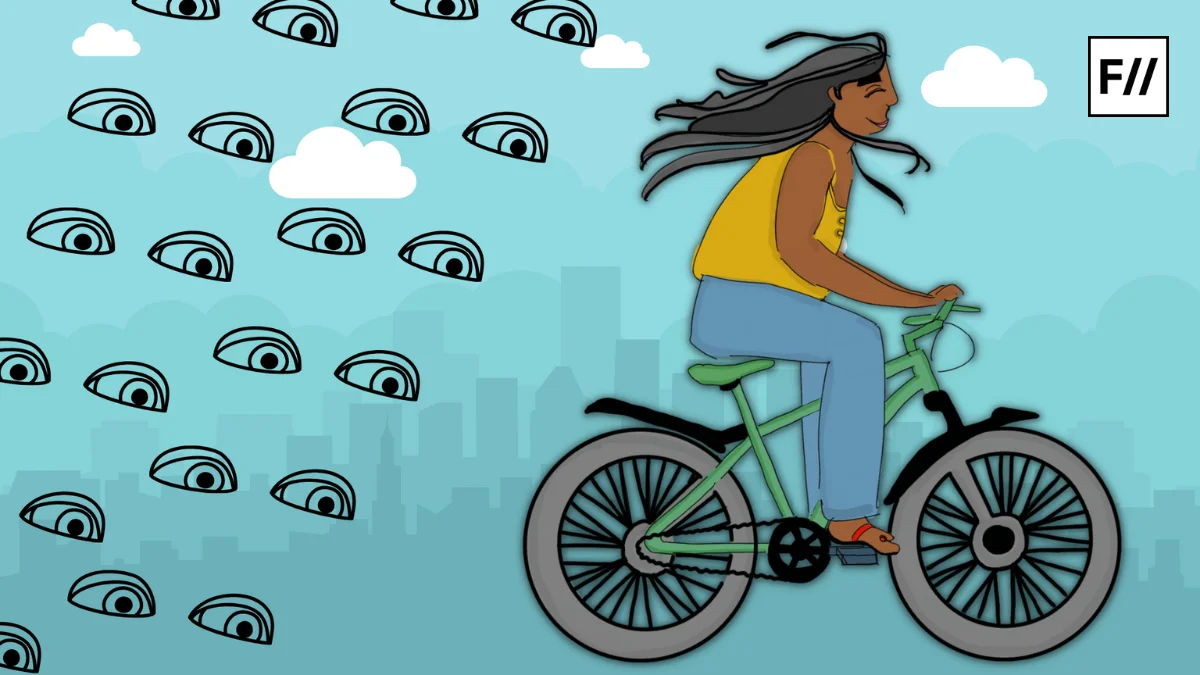As a ‘fat‘ individual, I have often experienced instances where people have made peculiar assumptions about me and others of the same body type — that I am insecure about my body or ashamed of my weight, and that there is a need to ‘empower’ or ‘uplift’ me and others like me.
While such people are undoubtedly trying to be ‘good human beings‘ and ‘supportive’ friends and family, little do they realise that it is a form of indirect pity. Being ‘overweight‘ is not a tragedy. Obesity is indeed a serious problem, but we often overlook the possibility that being overweight or as it is said in layman’s term ‘fat people‘ cannot be healthy. There are many examples of individuals who are perfectly healthy, despite being on the heavier scale.
So where does this entire idea of ‘empowering‘ fat men and women come from?
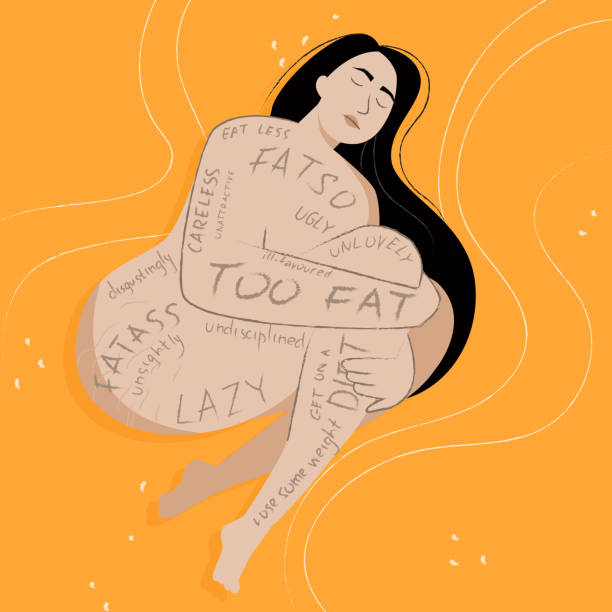
For as long as we can remember, ‘fat‘ people were deemed unattractive, because their bodies were considered undesirable. This dichotomy between ‘attractive and unattractive’ has fueled a sense of sympathy towards people who do not confirm to accepted beauty standards. Body positivity as a movement has amassed great importance and relevance, rightly so, since it attempts to inspire people to be confident in their bodies and to challenge the idea of perfection and flawlessness.
It sheds light on the fact that perfection is a myth and that our natural bodies are enough just the way they are. This movement does away with the norms that the society has fabricated, and as a counter-force, aims to create awareness about self-acceptance and eliminate the shaming that has ensued due to the obsession with certain norms of beauty.
“I’ve never seen a fat person prettier than you.” “All bodies are good bodies, you are pretty“, and many more much backhanded compliments are thrown at me without context while doing the most normal things like dressing up or talking about joining a gym. I wonder what allows such people to assume that I am not confident, or that I cannot love my body without external validation, or that my idea of beauty is equal to being skinny. There are of course many many people who need support to navigate body image issues, but to consider it a default response to every heavy person is also not the right thing to do
While I support and value the politics of this movement, I also sometimes feel that it creates an illusion of positivity, thereby forcing people who have complicated relationships with their bodies to always be happy. It feels like as if there is an inherent sense that people who are on the heavier side need to be empowered, and often, it comes across as an attempt to empower someone who is already empowered, amounts to being a futile attempt. For instance, we cannot go to a feminist and explain why they should be a supporter of equality.
Helping people through support and encouragement, so that they can learn to love themselves, accept their flaws and flaunt them confidently is a good cause. But, doing the same to someone who already loves themselves and is confident, just because there is a prejudice that surrounds certain body types based on a general notion about people with different body types being insecure and under-confident is problematic.
It feels as though some people believe that every person who has a heavy body is a chance to massage their conscience and gain a moral high-ground by ‘helping‘ them to validate themselves without asking if they need that kind of pep talk in the first place. The sense of sympathy and saviourship that comes through via such conversations is quite troubling.
Also read: Fat Shaming: Why I Stopped Running

I would like to share some instances where this has happened to me. I am a 19-year-old, ‘overweight‘ woman. I do not hate my body, I love every bit of it. I am comfortable in my skin and have never shown any signs of being insecure about my appearance and yet, I have been told – “Oh, you are so beautiful just the way you are. Be confident“.
“I’ve never seen a fat person prettier than you.” “All bodies are good bodies, you are pretty“, and many more much backhanded compliments are thrown at me without context while doing the most normal things like dressing up or talking about joining a gym. I wonder what allows such people to assume that I am not confident, or that I cannot love my body without external validation, or that my idea of beauty is equal to being skinny. There are of course many many people who need support to navigate body image issues, but to consider it a default response to every heavy person is also not the right thing to do.
The very idea of sympathy or saviourship towards people with heavy bodies contradicts body positivity because it is based on the internalisation of the thought that ‘fat’ people are to be saved. Nobody perhaps needs saving, just the space to be. That is what the crux of normalising body types must rest on
The root cause of this is the performance of unsolicited sympathy, which convinces people that for being good, they need to treat everyone politely and help them, even if the other person clearly does not need it. Many times such sympathy projects itself in a toxic manner making the essence of the whole movement come down to toxic positivity that is forced down on everyone who does not pass the standards that identify one as pretty or not pretty.
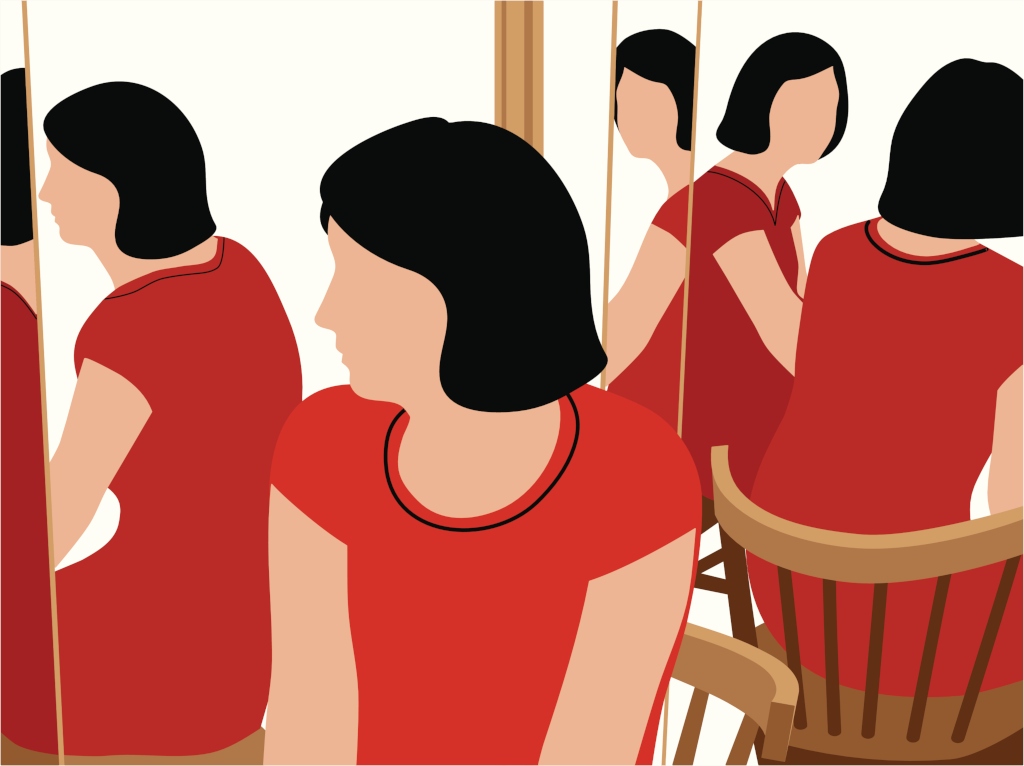
The crux of this discussion is not the standards of beauty, but how the fight against it. Our methods often deviate from their purpose, blurring away the concept of subjective feelings and experiences, and forcing a sense of empowerment, whether it’s called for or not.
Thus, although the movement bought much hope, the narrative surrounding bodies, especially plus size bodies, has been misinterpreted. To presume that all of us need saving from the monster of perfectness, is to imply that what we have, can never be our perfect to begin with. Performative positivity and farce pity goes against all the notions the body positivity movement champions. At any give moment, we need to stop taking fat bodies as a site for generously unloading woke, motivational messaging in the form of charity.
While it all comes from a place of good will, one needs to understand that as long as people on the other side of the spectrum are in charge of the narrative surrounding our bodies, the generalisation of the idea of empowerment and the assumption that all obese people are feeble victims who are in dire need of validation blocks acceptance and the furtherance of healthy dialogue on this.
The very idea of sympathy or saviourship towards people with heavy bodies contradicts body positivity because it is based on the internalisation of the thought that ‘fat‘ people are to be saved. Nobody perhaps needs saving, just the space to be. That is what the crux of normalising body types must rest on.
Also read: Why You Should Trade Body Positivity For Fat Acceptance
Aditi Pandey is a 19 year old writer from Lucknow, India. She is a student of Philosophy at Daulat Ram College, Delhi University. Her writing revolves around gender, psychology, entertainment, politics etc. She regularly publishes on her WordPress Blog The Teen Court. She may be found on Instagram and LinkedIn
Featured Image Source: YES! Magazine
